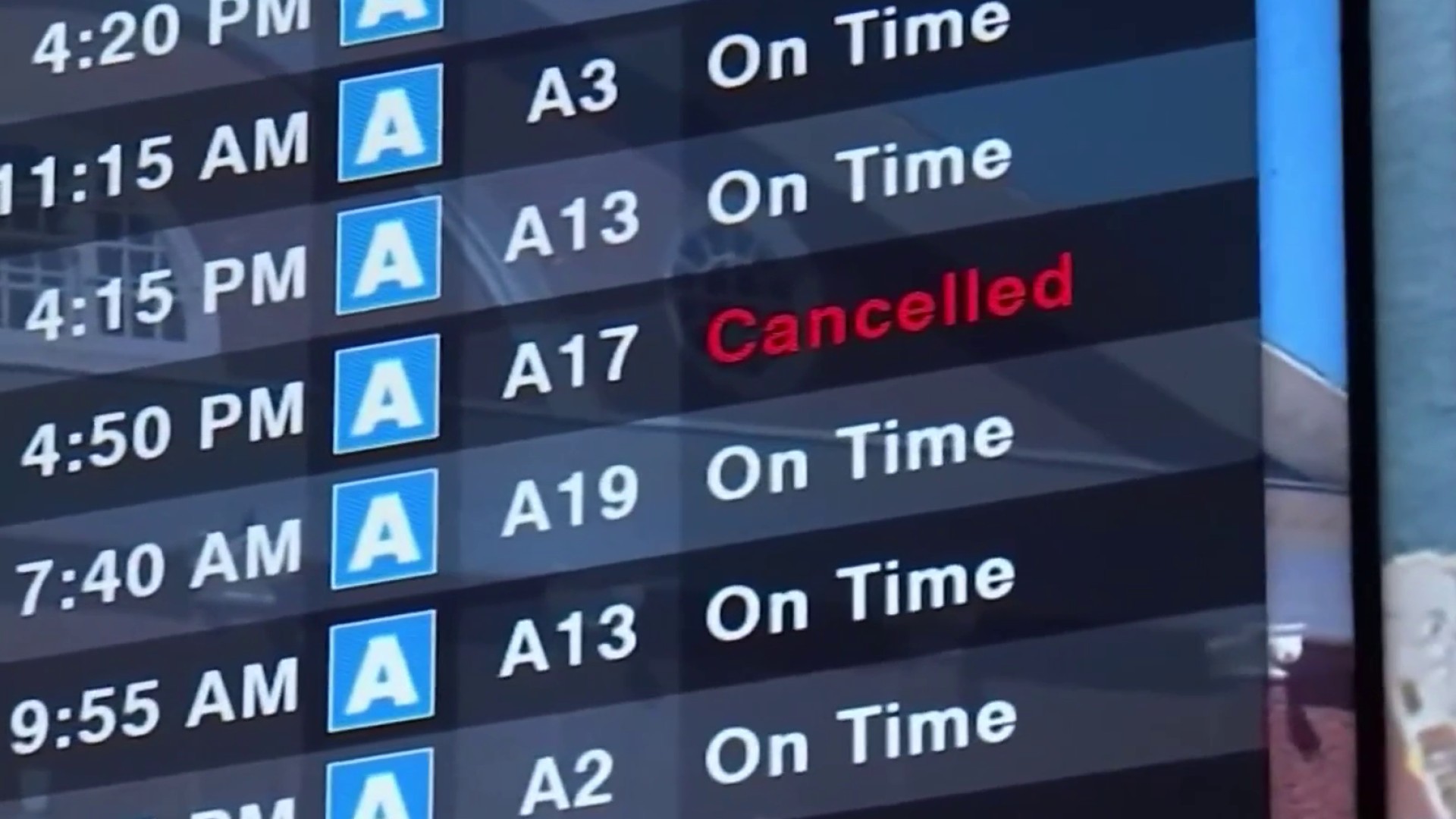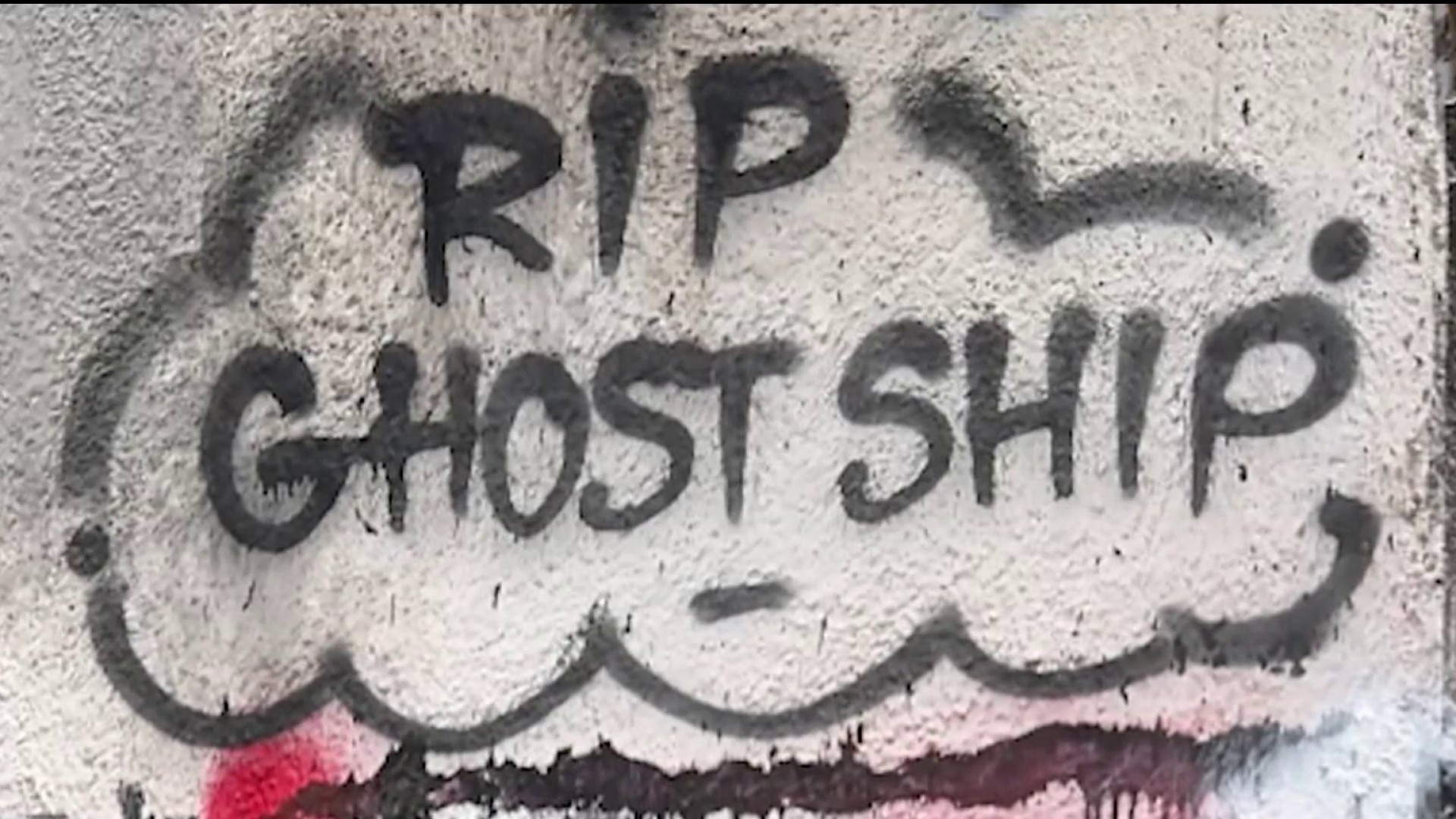A San Francisco bar owner who ponied up a thousand bucks to buy a purported promissory note issued by San Francisco’s most eccentric character, Emperor Joshua Norton in 1878 — learned the unofficial currency is the genuine article and worth somewhere in the neighborhood of $15,000.
Kevin DeMattia, co-owner of the Emperor Norton’s Boozeland in the city’s gritty Tenderloin, bought the note from an Oregon man who contacted the Norton-themed bar via Facebook and offered to sell it.
“I decided to buy it sight unseen and sans authentication,” laughed DeMattia who collects Norton memorabilia to display in the bar.
The currency, which the self-proclaimed emperor printed and issued by the thousands during his reign as the city’s most eclectic citizen in the 1800s, has become the holy grail for Norton collectors — with genuine, hand-signed and dated notes fetching more than $10,000.
“They were printed by the thousands, but then the great fire came through and burned everything, so they went from everyone had one to no one had one,” DeMattia said. “Now it’s one of the rarest currencies.”
In an effort to prove the note’s legitimacy, DeMattia showed the paper, dated February 18th, 1878 — to vintage currency expert Don Kagin who runs a numismatics firm in Tiburon. Kagin examined the vintage paper, the ink and consulted a log of known Norton notes before declaring it the real thing.
“I think this note is genuine,” said Kagin carefully lifting the paper to examine it against the light. “Everything I can see by it — the handwriting, the date, the numbers all correspond with others that we have seen.”
Local
Kagin said the note, hand-numbered 2573, is the fortieth of known notes that survived Norton’s time. The note promises to repay the recipient 50 cents in 1880 — with interest of five cents. Norton himself died on January 8th, 1880 escaping the note’s due date. The promissory bonds, which he had printed by San Francisco printers were often honored by the restaurants, shopkeepers and individuals he encountered during his daily excursions through the city.
“In the 1870s the emperor becomes a tourist attraction,” said John Lumea, founder of the Emperor’s Bridge Campaign devoted to honoring Norton’s memory. “So people were sort of looking for him in the streets and when they did, they would sort of buy these bonds at 50 cents apiece and they would keep them as keepsakes.”
Norton was a once-illustrious San Francisco businessman who lost his fortune investing in rice futures and re-emerged as Norton I, Emperor of the United States and Protector of Mexico, donning a military uniform and crafting proclamations which local newspapers reprinted. A popular, but albeit broke figure of his time, Norton relied on the kindness of the city’s citizens.
“This is a particularly fascinating story of a man who came out here to California,” Kagin said. “Made a lot of money, lost a lot of money.”
Kagin described DeMattia’s note, which first arrived in an ornate frame, as in extremely fine shape — which meant it could potentially command up to $15,000 on the collector’s market. But DeMattia said he was more in awe of the note itself than its potential for a lucrative payday. He planned to hang a copy of the bond in the bar, and hang on to the original.
“To have the actual note that was in his room with him while he signed and carried it in his pocket and gave it to someone, DeMattia said, “that’s beautiful.”
Emperor Norton’s Boozeland in San Francisco’s Tenderloin will host a viewing party for the note at 4 p.m. Sunday. Artist Jeremy Fish will also unveil his own version of the Norton’s currency.



